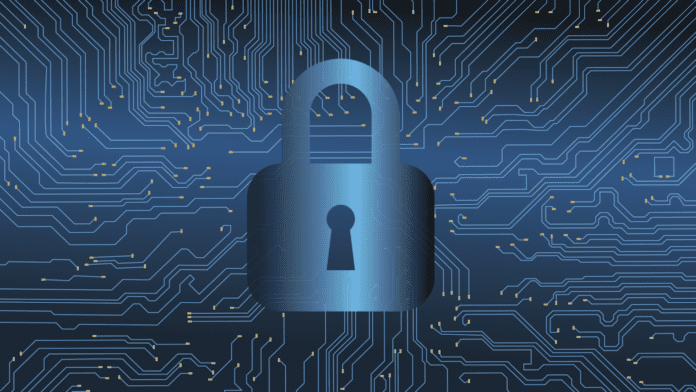A firewall is a type of software or firmware that prevents unauthorized users from accessing a network as part of a broader network security strategy.
Many of today’s digital devices have them built in. Popular operating systems, such as macOS, Windows, and Linux, have prepackaged firewalls for their users, including essential components of network security.
See below to learn all about what makes up a firewall:
Top features of a firewall
Most firewalls share several common features. However, because companies can choose from a wide selection of vendors for a solution, it can be challenging to know which will offer the right protection.
Below is a list of firewall features to help you determine which solution best suits your business:
- Bandwidth control and monitoring: Every firewall should have this feature, which is sometimes called traffic shaping. It allows you to control the available bandwidth of your network for sites, applications, and users.
- Web filtering: Also known as content filtering, it oversees data packets your computer sends and receives to weed out any compromising, flagged, or forbidden content.
- Logging: An effective firewall can log network traffic, giving you updated information about what’s happening. It can show you vulnerabilities and provide information about an attack happening on the web.
- Sandboxing: Sandboxing takes files or executables — a file with instructions or options to complete a function on your device — and opens them in a test environment. This feature essentially opens and runs files to scan for any malware or suspicious activity to protect the end user.
- Threat prevention: A firewall with a threat prevention feature identifies and blocks attacks before they cross into a network, helping companies avoid cyberattacks and their negative implications.
- Application and identity-based inspection: Companies are constantly changing their applications, so they can use a firewall with an application and identity-based inspection feature. This lets a company apply specific policies to applications or users within the organization to better control their networks.
- Scalability: Using a scalable firewall solution is important as more companies incorporate digital technologies into their business. They grow as organizations evolve and their cybersecurity needs become more complex.
See more: How Do Firewalls Work? Basic Firewall Fundamentals
Over time, firewalls improve due to the increasingly threatening nature of enterprise cybersecurity. Networking is a market that prioritizes enhanced security, especially as cyberattacks become more frequent and intense.
Types of firewalls
Companies can uses several types of firewalls, such as:
- Next-generation firewall (NGFW)
- Packet-filtering firewall
- Proxy firewall
- Stateful inspection firewall
- Application firewall
See more: Types of Firewalls Explained
Top Firewall Solutions
Conclusions
Although firewalls are effective cybersecurity tools for companies, they don’t guarantee the security of your network or data.
Companies must incorporate several other cybersecurity solutions, like antivirus software, encryption tools, managed detection and response (MDR) services, and penetration testing, for the best protection.
However, without an effective firewall, your company’s network is more exposed and could become a target for cybercriminals. Consider deploying an advanced firewall to protect your company and improve its cybersecurity posture.



